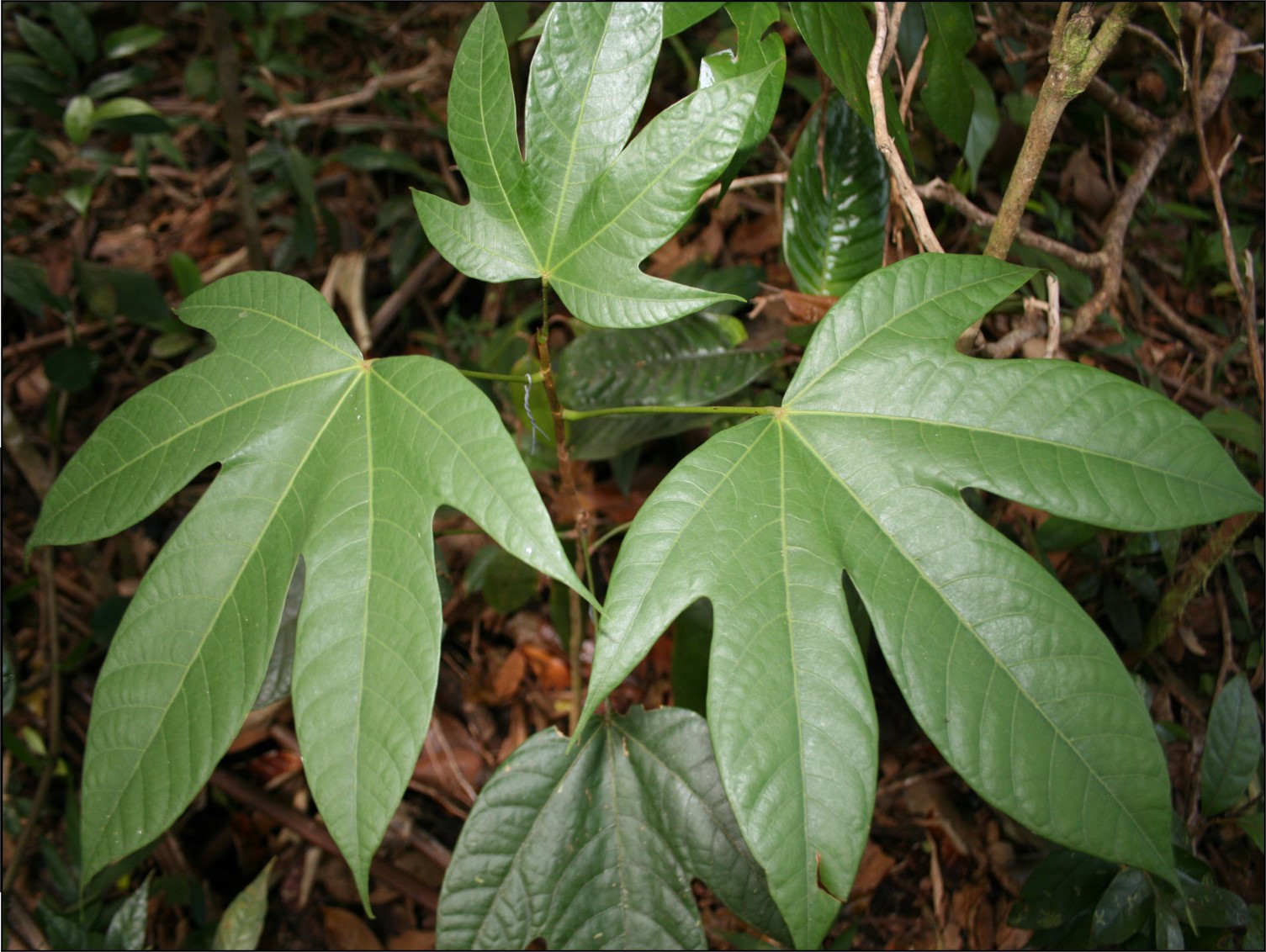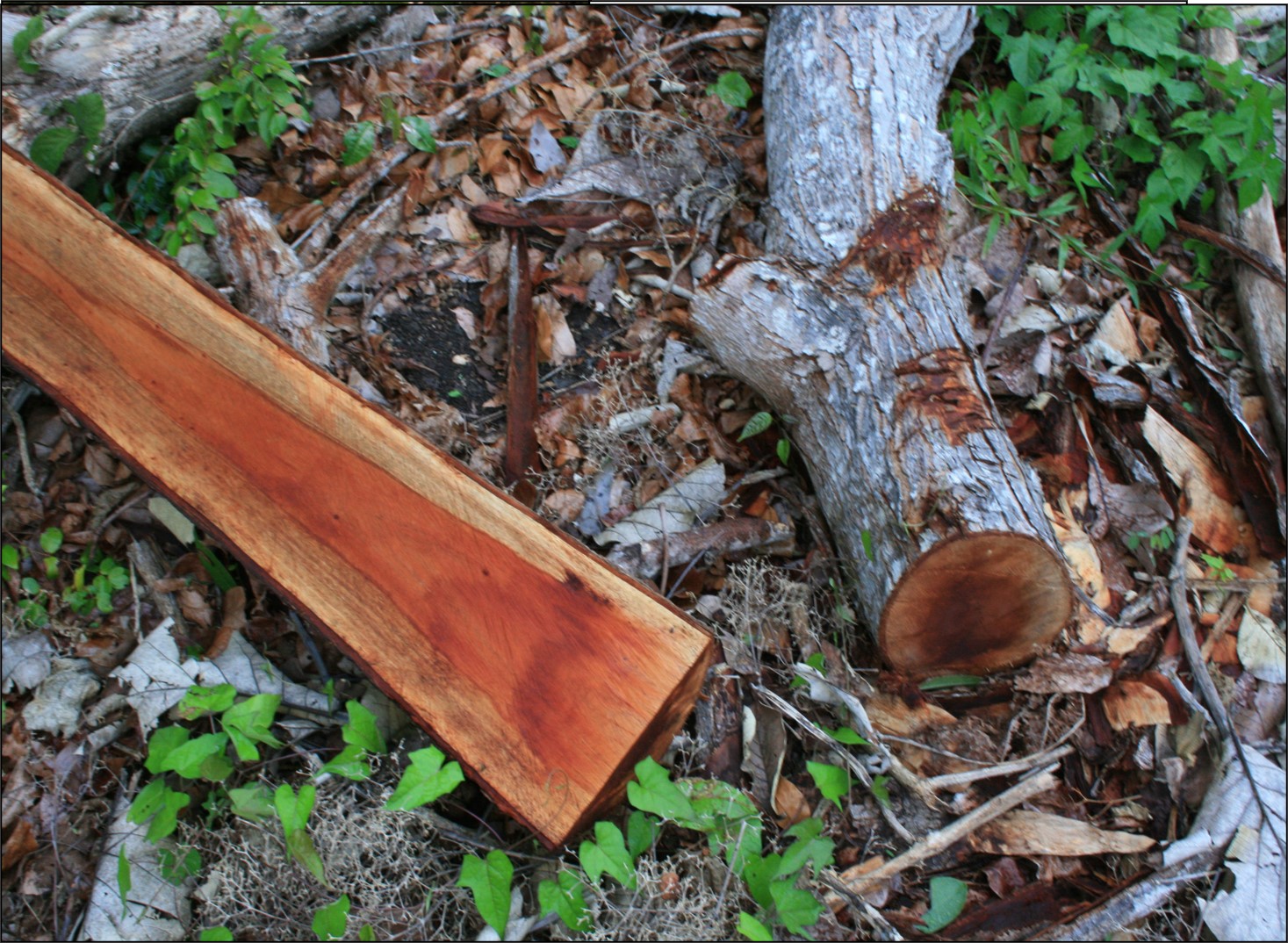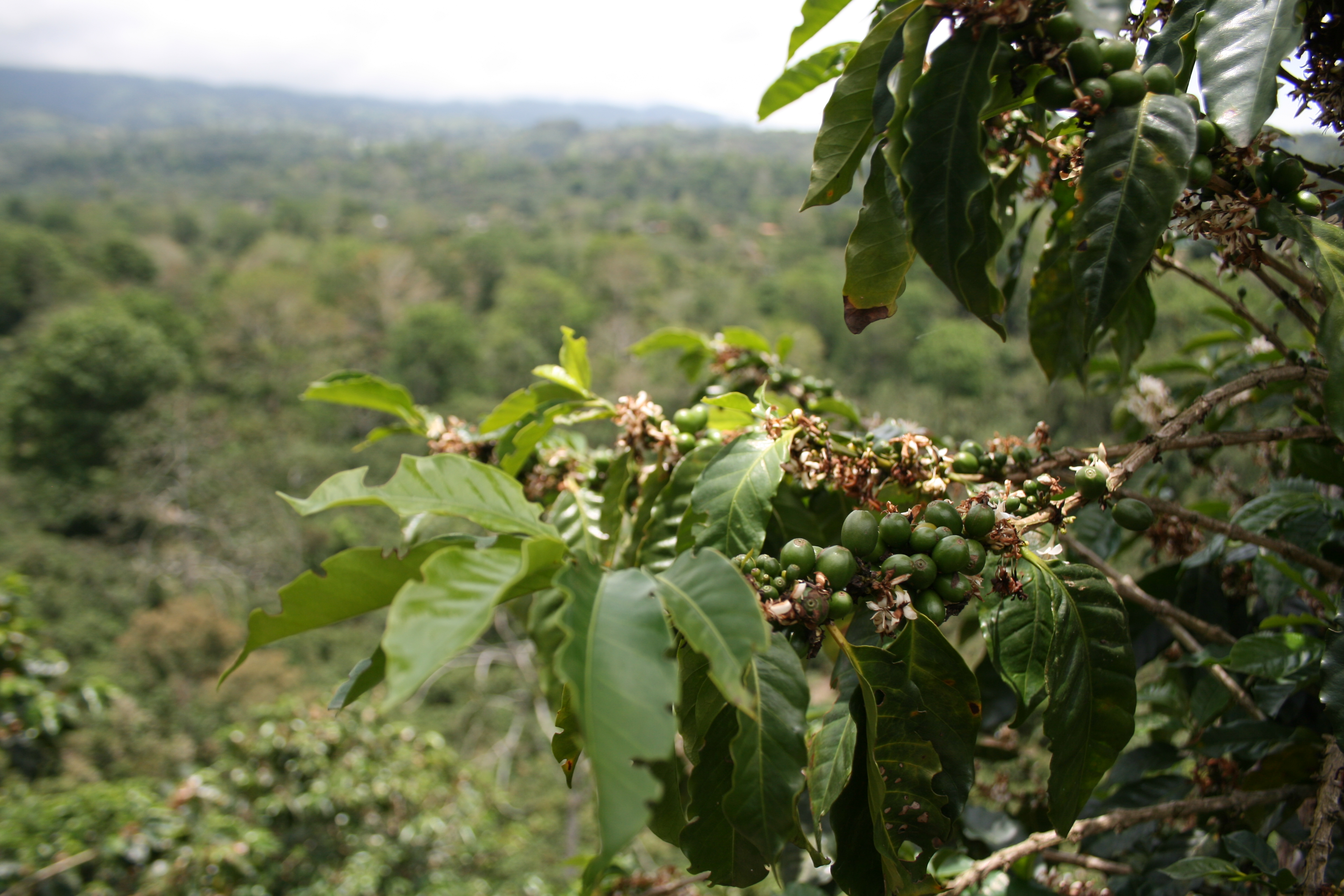What? The Global Environmental Change Lab at the University of Toronto Scarborough (UTSC) is accepting applications for funded PhD and MSc positions. Research-stream positions with UTSC’s 12-month professional Masters of Environmental Science (MEnvSc) program are also available, though note this program is not fully funded.
Why? Graduate student positions are available for research in the areas of forest- and/or agroecology. In both of these areas, The Global Environmental Change Lab focuses on better understanding how variability in plant functional traits, underpins plant- and ecosystem-level responses to global environmental change. In the area of forest ecology, graduate research will be related to better understanding: i) how and why wood traits (e.g., wood density, wood chemical composition) differ among and within tree species, and ii) the role this variation plays in governing forest ecosystem functions including carbon (C) storage and cycling. In the area of agroecology, graduate research projects will be designed to evaluate: i) how leaf functional traits (e.g., photosynthesis, leaf chemistry) differ among and within crops; ii) the role this variation plays in governing agroecosystem functions such as soil C dynamics; and iii) the role this variation plays in governing crop responses to environmental change such as extreme temperature events.
When? The Global Environmental Change Lab is accepting applications for either Sept. 2021 or Sept. 2022 start dates, with application deadlines of April 30th 2021 or 2020, respectively. Potential applicants should email Dr. Adam Martin in advance of this deadline (i.e., by January), to discuss their background, interests, and applications. There are also possibilities to commence fieldwork as paid Research Assistants ahead of program start dates.
Where? Students will be based in the Department of Physical and Environmental Sciences, at UTSC, Toronto, Canada. Course work, lab analyses, committee meetings, and thesis/ dissertation writing will take place at UTSC, with some additional activities also taking place at University of Toronto’s downtown St. George campus. Locations for fieldwork, which is likely be a key aspect of these positions, will be at one of: A) for forest ecology research, the ForestGEO Network’s Haliburton Forest Dynamics Plot, located in Haliburton Forest and Wildlife Reserve (Haliburton, Ontario); or B) for agroecology research, one of i) Niagara College’s Teaching Vineyard (Niagara-on-the-Lake, Ontario), or ii) The Global Environmental Change Lab (UTSC).
Who? Ideal candidates for the MSc or PhD positions will ideally have a BSc in plant biology, ecology, evolutionary biology, environmental science, and/or biochemistry. However, we acknowledge that other academic/ professional backgrounds are likely to be relevant to the research in our lab, and will therefore also be considered. Experience in analytical chemistry and/ or with plant growth chamber experiments would be considered an asset. The Global Environmental Change Lab is particularly supportive of applicants from equity-seeking groups, including persons belonging to visible minority groups, females, diverse gendered students, and indigenous scholars. We therefore acknowledge that non-linear career paths are prominent for certain equity-seeking groups, and will consider these factors in evaluating applications.
How? Interested applicants are encouraged to contact Dr. Adam Martin directly (adam.martin@utoronto.ca) to discuss potential applications. More information on the lab group and its research, along with program details, can be found at:
Global Environmental Change Lab: https://www.utsc.utoronto.ca/people/martin/
ForestGEO Network: https://forestgeo.si.edu/
PhD: https://utsc.utoronto.ca/gradpes/doctor-philosophy-environmental-science
MSc: https://geography.utoronto.ca/graduate-geography/
MEnvSc: https://utsc.utoronto.ca/gradpes/programs-menvsc-0


